Getting Electricity to my pond pump
peacedog
14 years ago
Featured Answer
Comments (17)
chgojack
14 years agogoodkarma_
14 years agoRelated Professionals
Wrentham Landscape Architects & Landscape Designers · Barrington Landscape Contractors · Bedford Heights Landscape Contractors · Belmont Landscape Contractors · Berkeley Heights Landscape Contractors · Cliffside Park Landscape Contractors · Fort Atkinson Landscape Contractors · Fort Payne Landscape Contractors · Gallatin Landscape Contractors · Hayward Landscape Contractors · Morrisville Landscape Contractors · New Braunfels Landscape Contractors · Tehachapi Landscape Contractors · Watertown Landscape Contractors · Tyngsboro Landscape Contractorspeacedog
14 years agohawkiefriend
14 years agogaryfla_gw
14 years agohorton
14 years agoalbert_135 39.17°N 119.76°W 4695ft.
14 years agosquirelette
14 years agojohnkr
14 years agosquirelette
14 years agomagdaloonie
14 years agotimbersmith
14 years agojohnkr
14 years agogaryfla_gw
14 years agohorton
14 years agoMichele Alvarez-Childs
9 hours ago
Related Stories
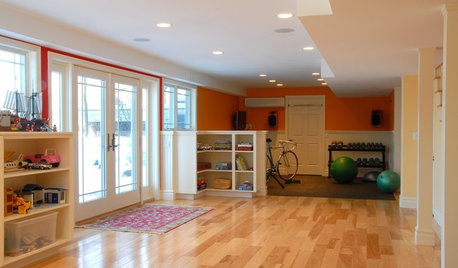
MORE ROOMS12 Colors to Pump Up Your Home Gym
Peeling gray walls not inspiring your workouts? Exercise your right to a motivating space with these stylish paint picks
Full Story
DECORATING GUIDESHouzz Tour: Couple Pares Down and Pumps Up the Style
A big transition from a large suburban house to a 1,200-square-foot urban condo is eased by good design
Full Story
LANDSCAPE DESIGNGet Along With Less Lawn — Ideas to Save Water and Effort
Ditch the mower and lower your water bill while creating a feast for the eyes with diverse plantings and gathering places
Full Story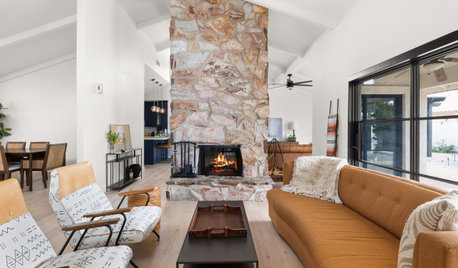
DECORATING GUIDESHow to Get Your Furniture Arrangement Right
Follow these 10 basic layout rules for a polished, pulled-together look in any room
Full Story
ARTShow News: Rare Quilts Get Museum Time
See 6 intricate designs from a California exhibition and get tips for building your own quilt collection
Full Story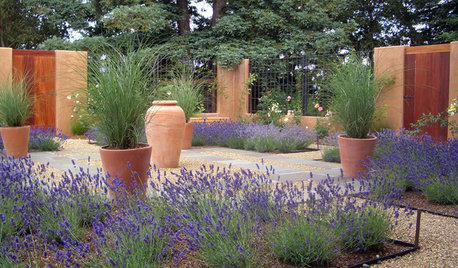
SAVING WATERXeriscape Gardens: How to Get a Beautiful Landscape With Less Water
Conserve water and make gardening much easier with the xeriscape approach’s 7 principles
Full Story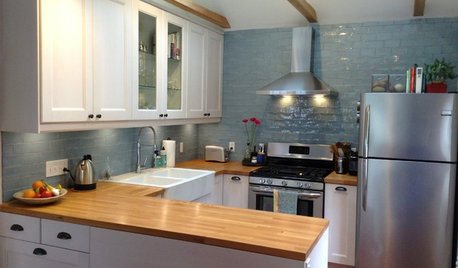
MOST POPULARThe 100-Square-Foot Kitchen: A Former Bedroom Gets Cooking
DIY skill helps create a modern kitchen where there wasn’t one before
Full Story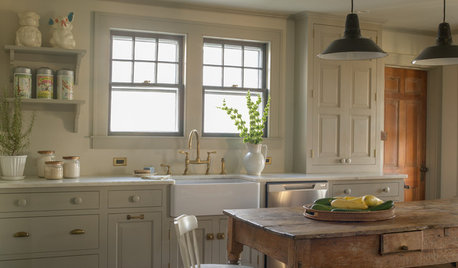
DECORATING GUIDES15 Ways to Get the English Cottage Look
Look to nature, inexpensive fabrics and small swaps to conjure a country-house vibe
Full Story
BASEMENTSBasement of the Week: Guests Get a Cottage-Like Stay
Converted to a comfy space with a full bath, a bedroom and extra amenities, this Maryland basement is great for visitors and the owner alike
Full Story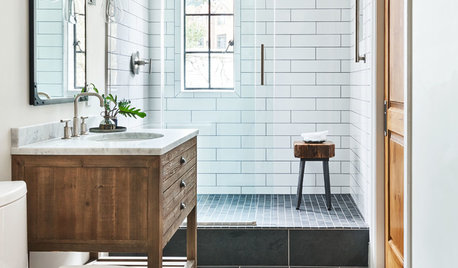
BATHROOM WORKBOOK12 Ways to Get a Luxe Bathroom Look for Less
Your budget bathroom can have a high-end feel with the right tile, stone, vanity and accessories
Full StoryMore Discussions







guardenman